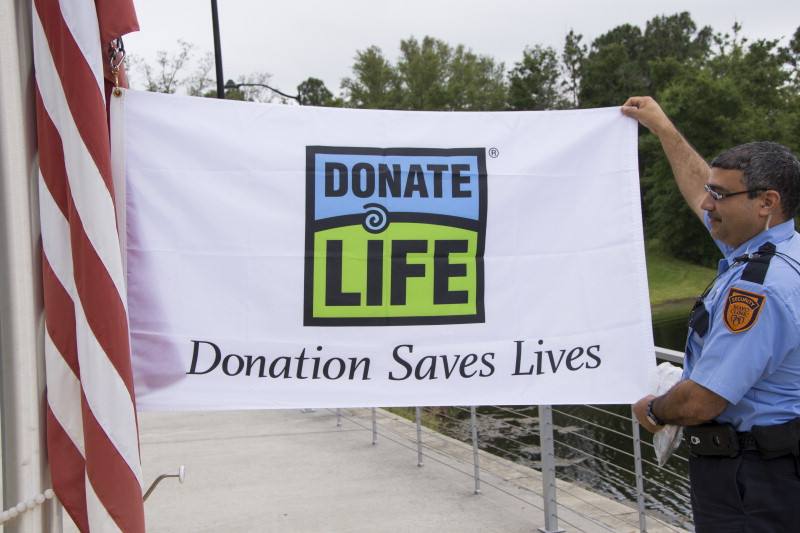-
Mayo Clinic Radio: National Donate Life Month
 Someone is added to a transplant waiting list every 10 minutes, according to the U.S. Department of Health and Human Services (HHS). Transplant surgery now makes it possible for many organs and tissues to be donated, including: hearts, kidneys, lungs, pancreases, livers, intestines, corneas, skin, tendons, bones, nerves and heart valves. Unfortunately, many people awaiting transplant never get the call saying that a suitable donor organ — and a second chance at life — has been found. Statistics from HHS show that 8,000 people die in the U.S. each year because organs are not donated in time.
Someone is added to a transplant waiting list every 10 minutes, according to the U.S. Department of Health and Human Services (HHS). Transplant surgery now makes it possible for many organs and tissues to be donated, including: hearts, kidneys, lungs, pancreases, livers, intestines, corneas, skin, tendons, bones, nerves and heart valves. Unfortunately, many people awaiting transplant never get the call saying that a suitable donor organ — and a second chance at life — has been found. Statistics from HHS show that 8,000 people die in the U.S. each year because organs are not donated in time.
April is National Donate Life Month, a time to encourage people to become organ, eye or tissue donors. This is also a time to celebrate donors and transplant recipients.
On the next Mayo Clinic Radio program, Dr. Charles Rosen, director of the Mayo Clinic Transplant Center, will discuss the importance of organ donation and operating a transplant center with three sites. Also on the program, Dr. Adrian Vella, an endocrinologist at Mayo Clinic, will discuss A1C guidelines for diabetes. And Dr. Michael Joyner, a Mayo Clinic anesthesiologist, will share the many benefits of exercise.
To hear the program, find an affiliate in your area.
Use the hashtag #MayoClinicRadio, and tweet your questions.
Mayo Clinic Radio is on iHeartRadio.
Access archived shows or subscribe to the podcast.
Mayo Clinic Radio produces a weekly one-hour radio program highlighting health and medical information from Mayo Clinic.







